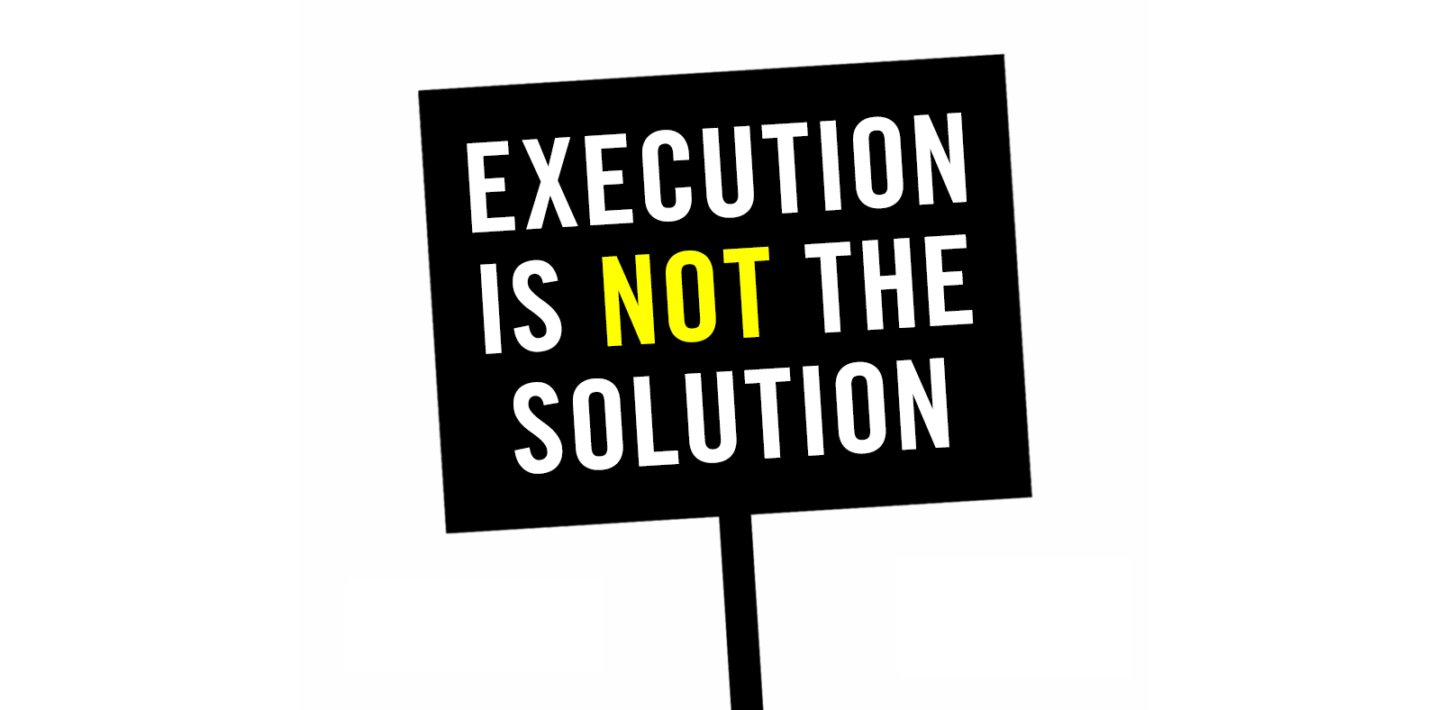Responding to President Duterte’s call for the swift passage of the law reviving the death penalty by lethal injection for crimes specified under the Comprehensive Dangerous Drugs Act of 2002, Section Director Butch Olano said:
“Reinstating the death penalty will not solve the drug problem in the country nor the public’s anxiety over the war on drugs. President Duterte’s favorite solution to public clamor for safety, whether from drug-related or virus-related problems, has always been to make harsher laws that seek to instill fear among Filipinos.
“Like extrajudicial executions, the death penalty disproportionately targets the poor. Reviving it is like flogging a dead horse. It will only worsen the situation of people living in poverty. The statistics have not changed, so is the deterrent issue.
“President Duterte’s consistent call to Congress to swiftly pass the death penalty shows that he has ran out of issues to blame for the country’s drug problem even after bodies continue to pile up under the war on drugs. Does the President only want to be remembered for one thing during his term? Leaving behind a legacy of death?”
Additional Information
The Philippines is a State Party to the Second Optional Protocol to the International Covenant on Civil and Political Rights, an international treaty that commits the country to the abolition of the death penalty. The adoption of legislation to reintroduce this punishment in national law would not only violate the Philippines’ obligations under the Protocol but would also put into question how the authorities value the country’s international commitment.
Amnesty International opposes death penalty unconditionally as a violation of human right to life and the ultimate cruel, inhuman and degrading punishment. There is no conclusive evidence that the death penalty has a unique deterrent effect.


